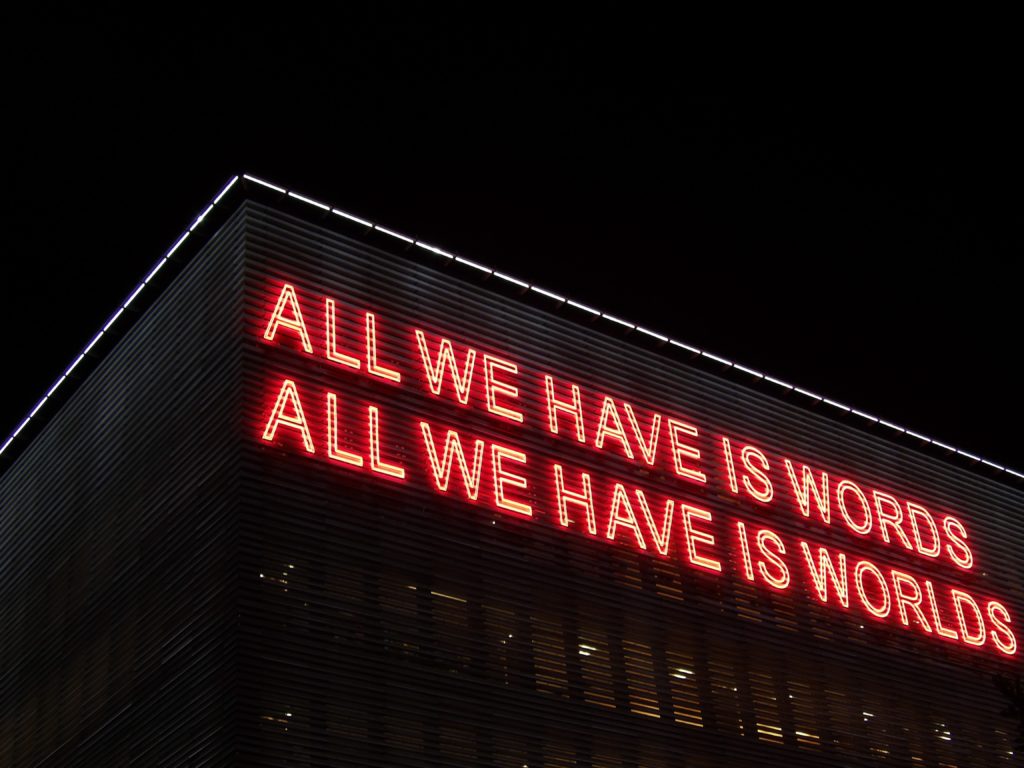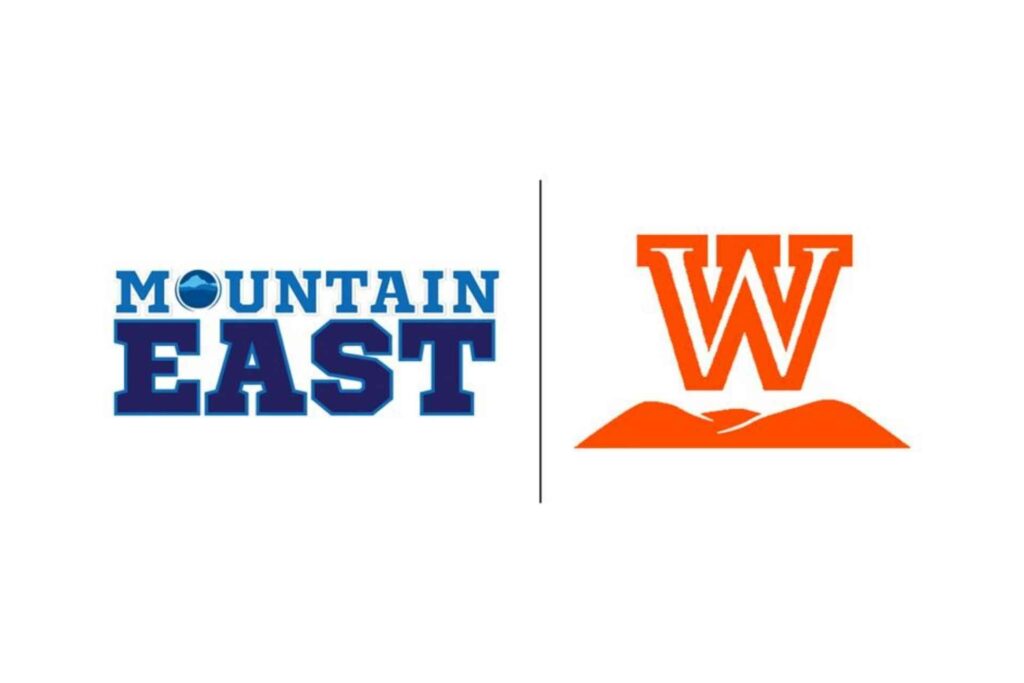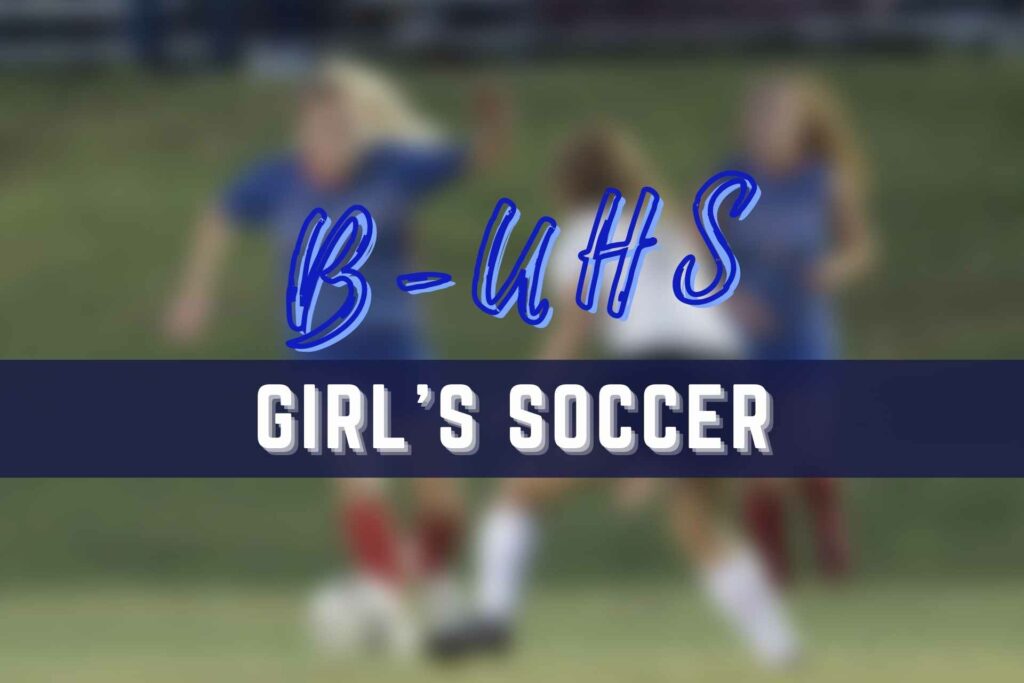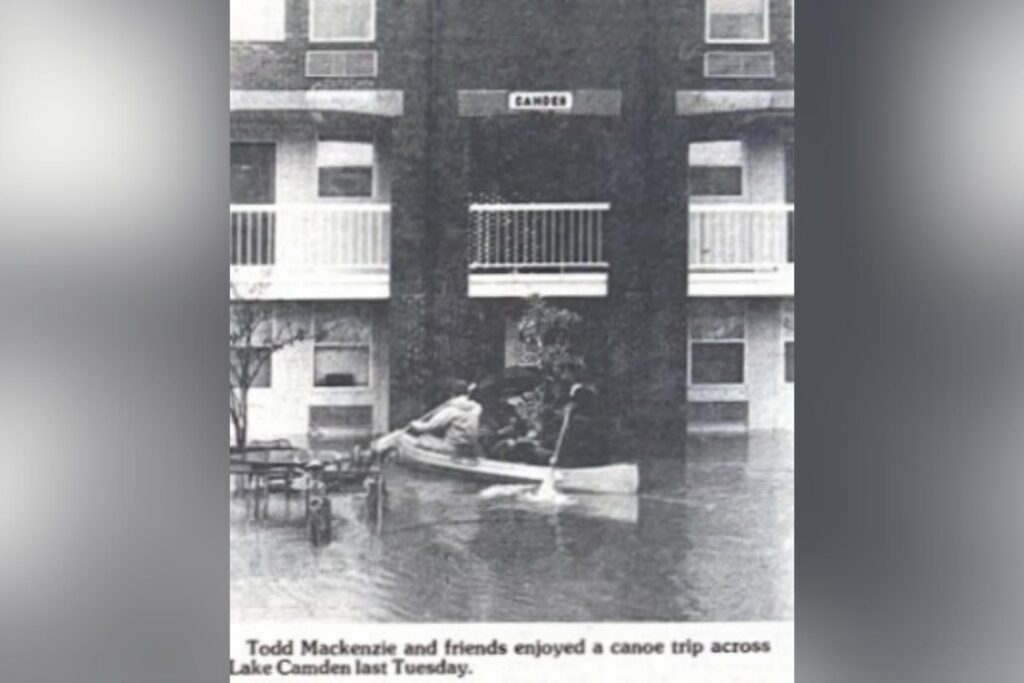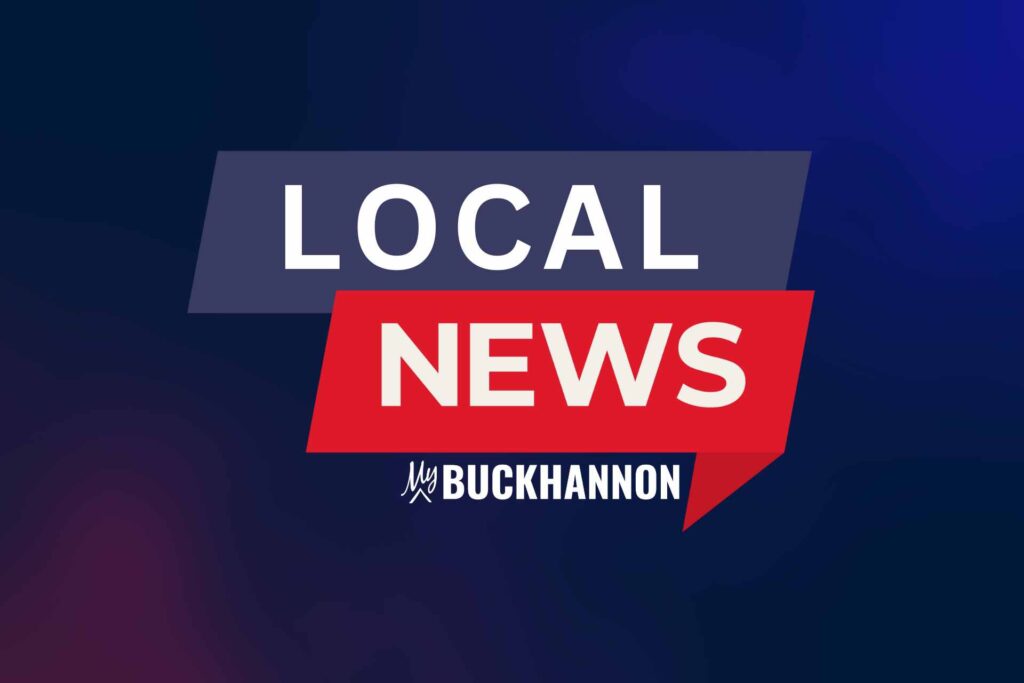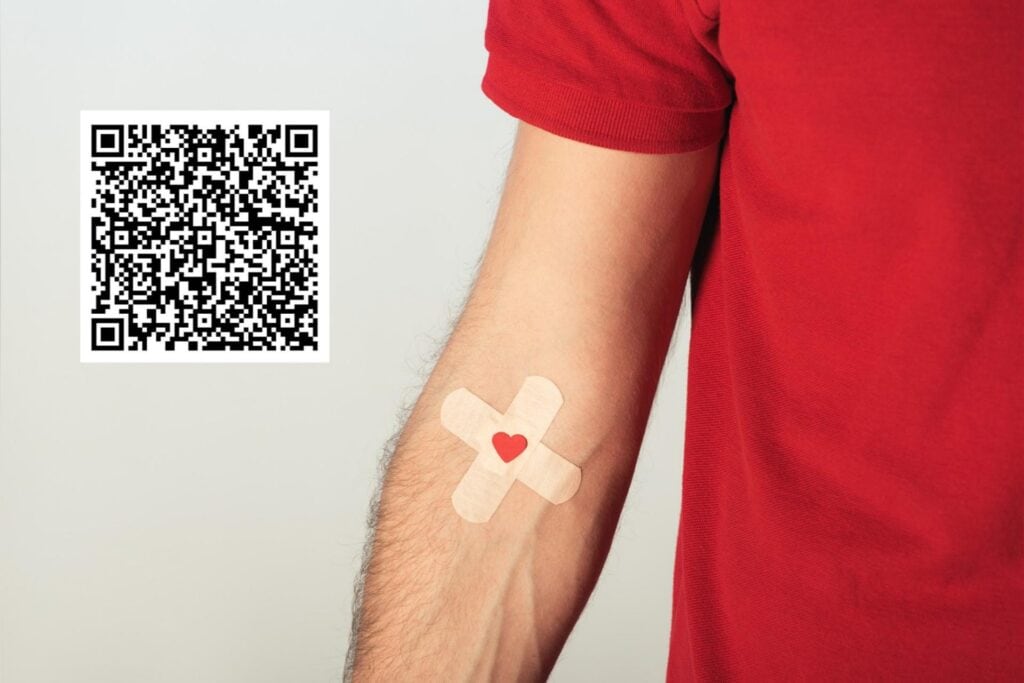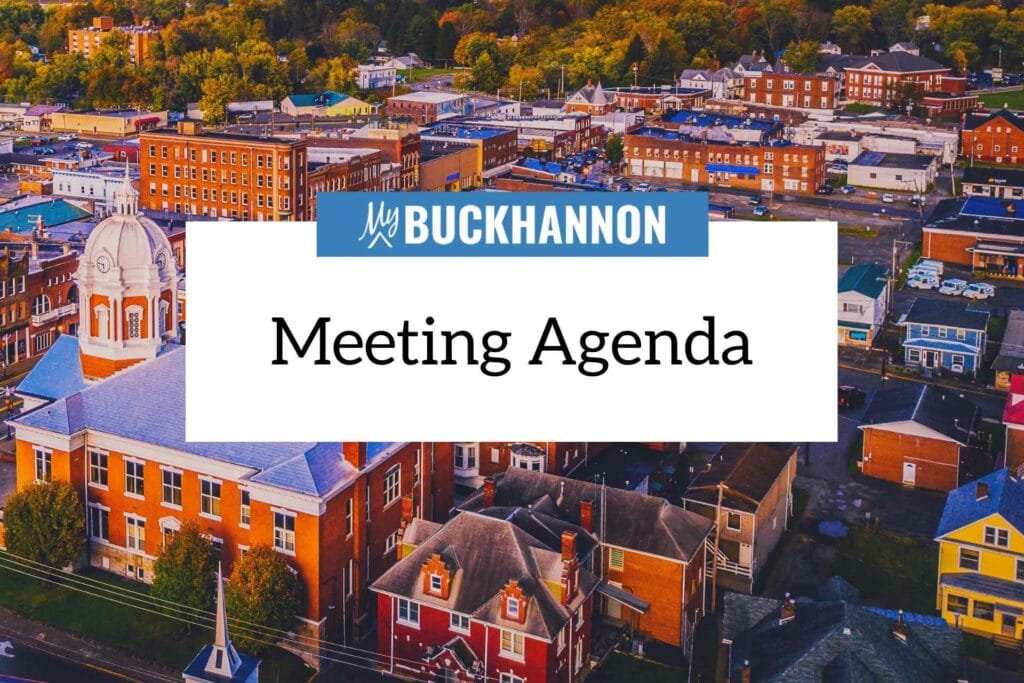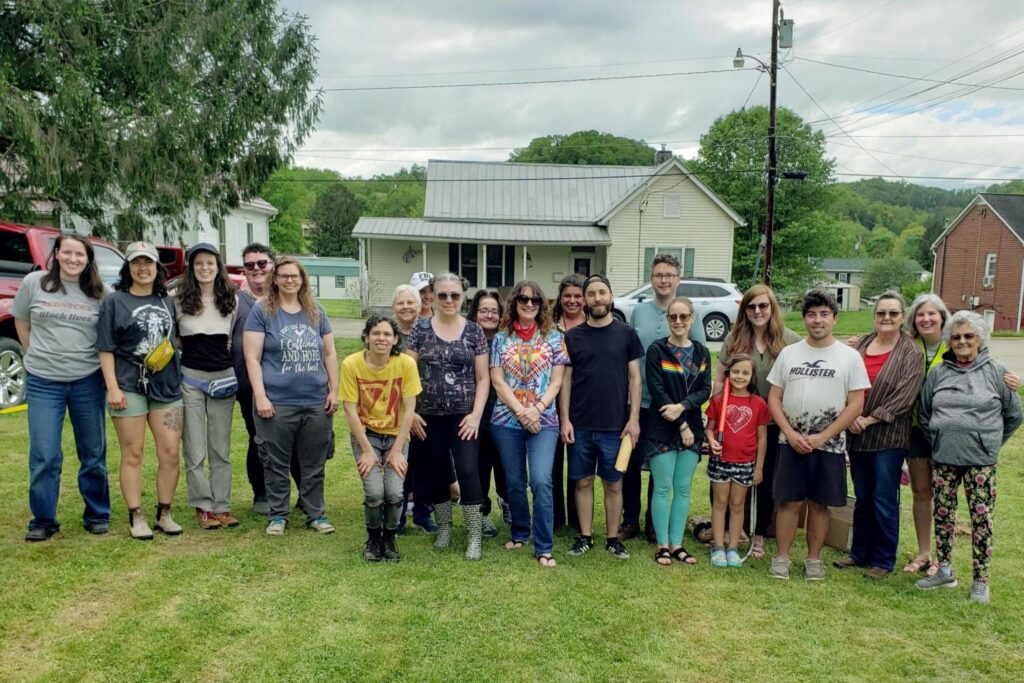“So difficult it is to show the various meanings and imperfections of words when we have nothing else but words to do it with,” said 15th-century British philosopher, physician and writer John Locke.
Although, linguists have never come to a consensus for a definition of what a word is, Cambridge Dictionary defines ‘word’ as a single unit of language that has meaning and can be spoken or written. In layman’s terms, a word is used as an agreed upon term in a given society to describe, understand and communicate something.
Since the COVID-19 virus has launched the state and country into uncharted waters, it makes sense that new words and phrases are needed to define and navigate the choppy and ever-changing new waters that represent the “new normal” that is modern reality.
When Governor Jim Justice issued a statewide stay-at-home order for West Virginia on March 23, closing all non-essential businesses in the state and directing residents to stay at home unless they were performing essential tasks, the fear among Upshur Countians was palpable.
When local residents flocked to grocery stores to stock up on two weeks of essential supplies, people could be heard in the aisles struggling to find the words for what was taking place. Was this a quarantine? What does a statewide shut down mean? What was a stay-at-home order? Was the National Guard being enacted to ensure adherence to the new restrictions? Was this martial law?
The terms that have now become part of our repertoire aren’t always clear, so My Buckhannon consulted local emergency preparedness expert, Dr. Jeff Harvey, and the Centers for Disease Control’s website. (Anyone with questions about what the stay-at-home order means may read a summary on the governor’s website here.)
“The words we use matter,” said Harvey, who’s a Certified Emergency Manager from the International Association of Emergency Managers.
One of the first language changes came when the World Health Organization, or WHO, officially renamed the new, or novel, coronavirus, COVID-19, a mash-up and abbreviation of COronaVIrus Disease 2019 – the year in which the disease was first identified. Before the official name designation, the disease was being called Coronavirus, Novel Coronavirus and Wuhan Coronavirus, among other terms.
Harvey, division manager and owner of JH Consulting, LLC, a firm specializing in disaster preparedness and occupational safety, said the phrases ‘shelter-in-place’ and ‘lockdown’ have been used during the pandemic in “slightly different ways than in previous emergency situations.”
“‘Shelter-in-place’ originally referred to a chemical/hazardous material response, where the idea was to remain indoors with airflow restricted from the outside until an airborne threat passed,” explained Harvey, adding that the term has also been used in reference to severe weather responses and terrorist threats.
“Lockdown has security connotations,” he said, “and historically, it has referred to a human-caused threat. The use of these terms with broader meaning isn’t inherently bad or incorrect. However, it speaks to a need for clear messaging.”
In the context of COVID-19, to ‘shelter in place’ means to stay home as much as possible except for carrying out essential tasks, such as grocery shopping and picking up medicine at the pharmacy. People under a stay-at-home order are advised not to host group gatherings.
“When we hear a word like ‘lockdown,’ it’s understandable why rumors about things like martial law and closing state borders get started,” Harvey said. “Again, the term is what it is, but the deliverer needs to be cognizant of the connotations it may make and issue extra instructions, clarifications, etc., accordingly.”
Another term that has caused some confusion is ‘essential business’ and ‘essential employee.’
According to Harvey, “In the emergency management realm, essential personnel align with essential functions and services, and those functions/services are what can change from disaster to disaster. In this instance, medical providers and first responders were obvious choices. Given the nature of the stay-at-home response, though, so too became grocers, pharmacists, etc. Since we wanted to alleviate strain on medical providers, that’s why we saw a few other (somewhat more controversial) business types make the list of essential services.”
Harvey used the example of a tornado or hurricane to illustrate how meanings can change depending on the type of disaster at hand.
“If the disaster were a hurricane or a tornado, perhaps hardware stores and general contractors would also be considered essential,” he said.
A key point to understand, Harvey said, is that the term does not necessarily imply a dichotomy of essential and non-essential, and that the meaning of ‘essential’ may depend on the type of emergency with which communities are coping.
The phrase ‘social distancing’ no longer needs explanation. Shortly after the stay-at-home order was given, signs directing shoppers to respect social distancing rules went up in essential businesses and stores began marking six-foot spaces at cash register lines to enforce the new concept. Within a few months, nearly all the citizens of one of the largest, most populated and most industrialized countries in the world, understood that staying at least six feet from other human beings is now socially responsible and imperative for community health.
Some governmental officials have opted to use the term physical distancing, arguing that physical distancing – the actual six-foot buffer people should maintain between them – is more appropriate since maintaining social connections via telephone, social media and video conferencing is encouraged.
According to the CDC, social/physical distancing means keeping space between yourself and other people who do not reside with you; not gathering in groups; and refraining from attending mass gatherings and crowded venues.
Then, there are the terms ‘quarantine’ and ‘isolation,’ which, while often used interchangeably don’t carry the same meaning, according the CDC.
‘Quarantine’ refers to separating someone who may have been exposed to COVID-19 from other people in the public sphere who don’t live with them. ‘Isolation,’ however, deals with situations in which a member of a household has tested positive for COVID-19 and is ‘isolated’ to a specific ‘sick’ section of the house – i.e. the basement – in an effort to try to prevent the virus from spreading to other household members.
The phrase ‘flattening the curve’ has quickly become an understood terminology to describe a complex scientific chart that relies somewhat on voluntary adherence to new governmental restrictions and ordinances that govern daily life and an understanding of individual social responsibility. It has quickly become understood that to ‘flatten the curve,’ i.e., to curb the spread of COVID-19, people must limit interactions, socially/physically distance while in public places, wash their hands for 20 seconds, and, when possible, wear face coverings.
Within two months, the use of face masks went from being unnecessary to recommended by the Centers for Disease Control, and the terms face mask versus N95 respirators quickly became universally understood.
As another example of the change in language, one need only say, “20 seconds,” for others to understand that washing hands less than 20 seconds is irresponsible and ineffective.
Now, when a person hears the “Happy Birthday” song, people automatically think of hygiene instead of the anniversary of turning another year older. Even, Dolly Parton’s already famous song, “Jolene” has now become known for its ability to measure the correct amount of time to wash and lather.
While some of the quirkier words and phraseology that have popped up since Covid-19 are less serious, and may not rank an entry in Merriam-Webster or Cambridge Dictionary, they have landed in urban and slang dictionaries, and some have become part of the national virus lingo. A few humorous examples include the following:
Quarantini: A Martini-like drink for those in quarantine and not able to make a traditional Martini.
‘Rona: A shortened phrase for Coronavirus.
Coronial: Word coined to describe children conceived during the COVID-19 pandemic.
Covidivorce: Term given to divorces that happen as a result of the COVID-19 stay-at-home order.
Covidiot: Term given to those who stockpile toilet paper yet do not adhere to social distancing or display other illogical responses to the pandemic.
Coronacation: Term given to the extended homebound vacation brought about for some by the COVID-19 pandemic.
Covid-10: A play on word from the ‘freshman 15’ referring to the 10 pounds people may gain while on stay-at-home orders.
Doom scrolling: When people on stay-at-home orders spend excessive amounts of time online looking at negative news coverage.
